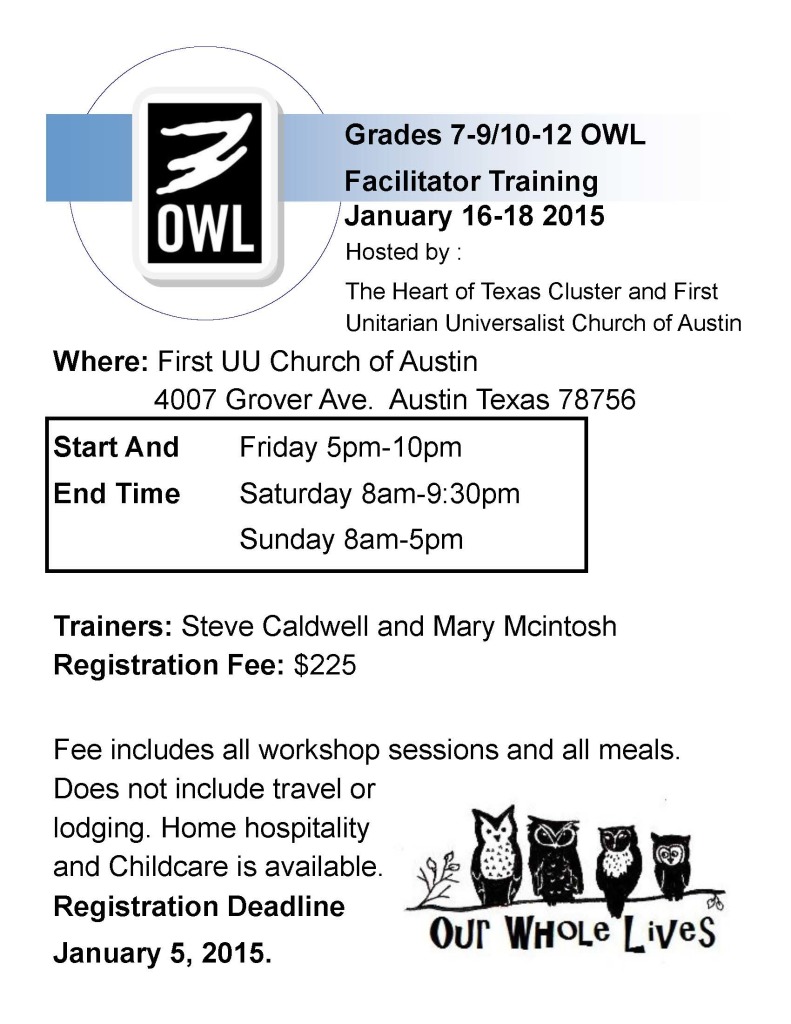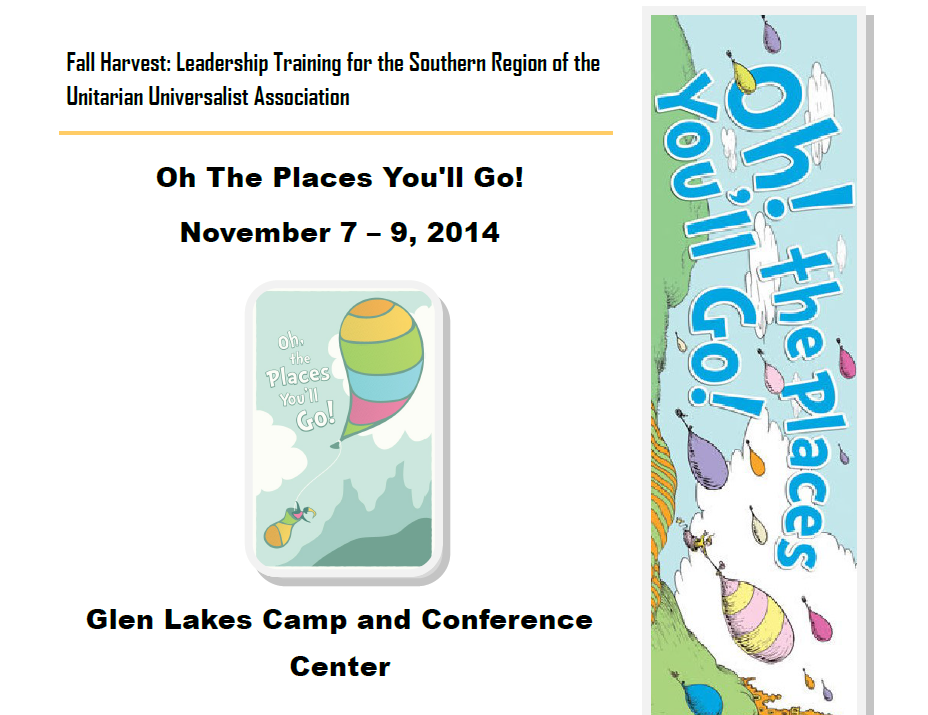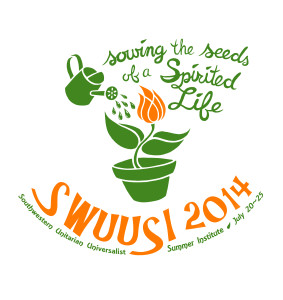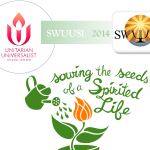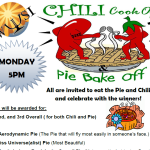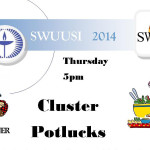Our Whole Lives helps participants make informed and responsible decisions about their sexual health and behavior. It equips participants with accurate, age-appropriate information in six subject areas: human development, relationships, personal skills, sexual behavior, sexual health, and society and culture. Grounded in a holistic view of sexuality, Our Whole Lives not only provides facts about anatomy and human development, but also helps participants clarify their values, build interpersonal skills, and understand the spiritual, emotional, and social aspects of sexuality. Click here to register: http://fd8.formdesk.com/UUASR/
Click the image below for a PDF version of this flyer.


